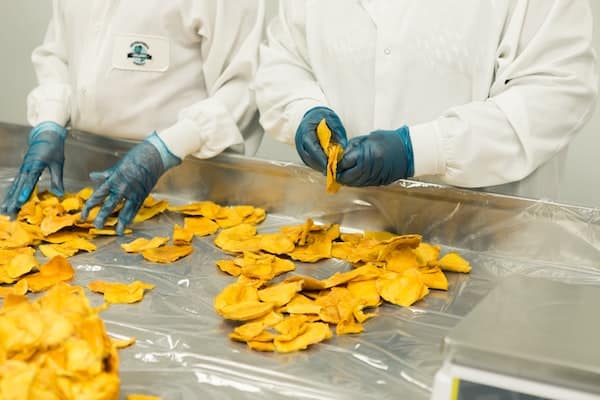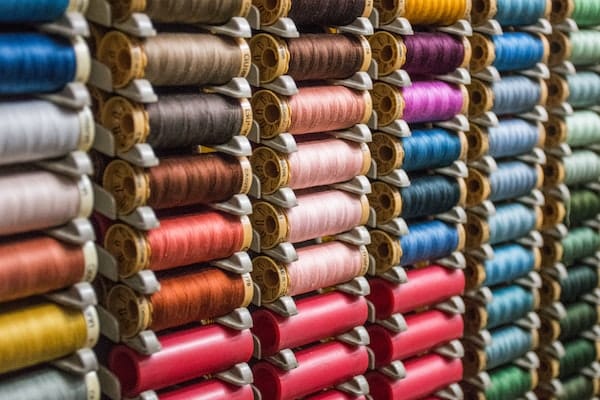4 minute read
Evaporators are used in a number of industries to concentrate solutions, remove water, and recover solvents. This article discusses the types of evaporators and their applications in different industries. Keep reading to learn more.
Industrial Evaporator Units
An industrial evaporator unit is a device that is used to turn a liquid into a gas. This device is typically used in manufacturing plants and other industrial settings. There are a number of different applications for industrial evaporators, including the production of food products, the manufacture of pharmaceuticals, and the purification of water. Below, you’ll learn more about several applications for evaporator systems. Some of the best applications of this unit include food processing, textiles, and more.
Food Processing Industries
The use of evaporators in food processing industries is very widespread. They can be used for tasks such as cooling and dehydration. Cooling is necessary in order to maintain the quality of the food product, while dehydration helps to extend the shelf life of the product. There are many different types that can be used in these industries, each with its own set of advantages and disadvantages. Some common types of units that are used in food processing industries include falling film, plate, and shell and tube evaporators. Falling film evaporators are often used for cooling applications, as they have a high heat transfer rate. Plate evaporators are often used for dehydration applications, as they have a large surface area that allows for good contact between the food product and the heated surface. Shell and tube evaporators are versatile units that can be used.
In the dairy production industry, for example, evaporators are used to concentrate milk and produce milk powder. There are several different types of machinery that can be used in this application, but all share the same basic principle: heat is applied to the liquid to cause it to vaporize, and the vapor is then removed from the system. This leaves behind a more concentrated liquid that can be used for other purposes, such as making milk powder. The three most common types of evaporators used in dairy production are batch evaporators, continuous-flow evaporators, and spray dryers. Batch evaporators are simple devices that consist of one or more tanks into which the liquid is heated and then vaporized. The vapor is then drawn off and condensed back into liquid form, leaving behind a more concentrated product. Continuous-flow evaporators work on the same principle but use a series of tanks and pipes to continuously heat and vaporize the liquid. Spray dryers are similar to continuous-flow evaporators but use high-pressure jets of hot air instead of heat exchangers to vaporize the liquid.
Dye and Pigment Industries
In the dye and pigment industries, evaporators are used to remove water from dyes and pigments in order to produce a more concentrated product. This allows for a higher yield of the desired product and also reduces the amount of space required for storage. There are several types that can be used in these industries, including falling film, plate, and rotary evaporators. The efficiency of an industrial unit depends on several factors, including the type of evaporation process being used, the temperature of the liquid being processed, and the rate at which the vapor is removed from the system. In order to achieve optimal results, it is important to match the right type of unit with the specific application.
Textile Industries
In the textile industry, evaporator units are often used to remove moisture from fabrics in order to make them less heavy and more manageable. The system can also be used to improve the look and feel of textiles by removing wrinkles or unwanted blemishes. In some cases, they may also be used to add moisture back into textiles that have been dried out too much.
The importance of industrial evaporators cannot be overemphasized. Not only do they play a significant role in many industrial processes, but they also have a significant impact on the environment. Overall, industrial evaporators are an essential piece of equipment in many industries.






